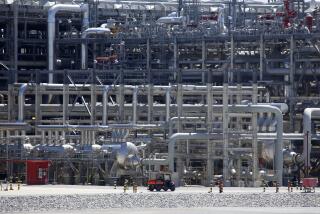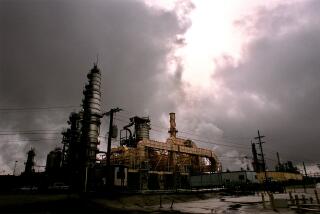OTHER COMMENTARY / EXCERPTS : Operation a Success, but the Patient Died
- Share via
Everyone in the energy-using Western world (and especially in the United States, which burns far more than its proportionate share of the world’s energy) has a personal stake in the untroubled egress of tankers from the gulf, which it is the U.S. Navy’s mis sion to assist. If you like electricity, you have no choice but to like what the Navy’s doing, or trying to do.
When the flow of oil is menaced by fanatical attackers, someone must pay the price of admiralty. We have volunteered to pay it, and in this there are no bargain-basement specials. The price includes the risk of harm to innocents. In that respect, war did not change when it began to be described as “low-intensity conflict.”
The risks are not mainly of the Navy’s making. Our warships did not turn the gulf into a shooting gallery. The Iranians and Iraqis did that in their endless berserk fight over an obscure waterway. The constable’s blunder, however gross, does not make anarchy a suitable alternative. And anarchy would prevail in the gulf today but for the U.S. and allied naval presence.
More to Read
Sign up for Essential California
The most important California stories and recommendations in your inbox every morning.
You may occasionally receive promotional content from the Los Angeles Times.










